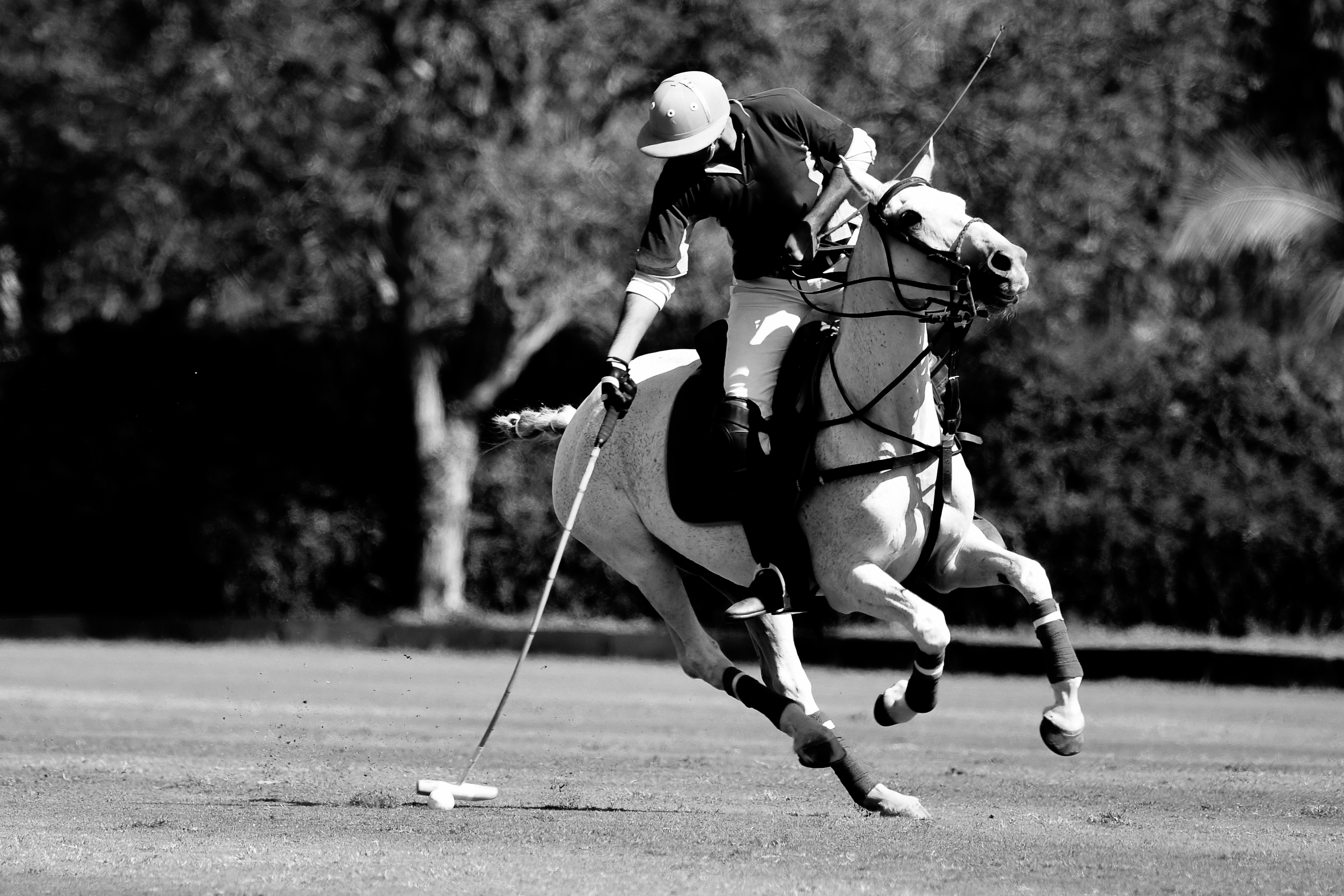News & Insight

Directors’ accessory liability for company torts
The UK’s top court recently clarified in the context of registered trade marks infringement the law regarding directors’ accessory liability for torts committed by their companies.
Registered trade marks infringement is a tort of strict liability. This means that there is an infringement where a defendant, without consent in the course of trade, does an act exclusively reserved to the trade mark owner, e.g., supplying services under the mark, irrespective of the defendant’s knowledge and/or intent.
The issue before the UK Supreme Court in Lifestyle Equities v. Ahmed (2024) was whether this test of strict liability also applies to accessories of the primary infringer.
Accessory liability
At first instance, the High Court found that two wholesale clothing companies (amongst others) had infringed Lifestyle’s BEVERLEY HILLS POLO CLUB + device of a polo player on a horse trade marks by selling clothing and footwear under logos comprising the words Santa Monica Polo Club + pictures of polo players riding horses.
The High Court additionally found that directors of those two companies, Mr and Ms Ahmed, likewise (i.e., applying a test of strict liability) infringed Lifestyle’s trade marks as accessories, and ordered the Ahmeds to account to Lifestyle for the profits of their infringements, which the judge assessed at 10% of their salaries as employees of the companies and repayment of a company loan made to Mr Ahmed.
The Court of Appeal (reported at Intellectual property infringement: directors’ personal liability – Humphreys Law) largely upheld the High Court’s decision, the main exception being in relation to Mr Ahmed’s obligation to account to Lifestyle for the loan. The Ahmeds appealed.
Lord Leggatt, giving the unanimous judgment of the UK Supreme Court, turned first to the question of whether the Ahmeds personally infringed Lifestyle’s trade marks.
The facts were that Mr Ahmed was managing director of the two companies and “the ultimate decision maker”. He managed the IP portfolio for the companies and he instructed the design director to oversee designing a logo for the Santa Monica Polo Club brand. He selected the factory with which to place orders, and agreed prices for the manufacture of Santa Monica Polo Club polo shirts.
Ms Ahmed was head of sales. She managed the day to day running of the business aided by a sales person and warehouse assistant. She displayed the goods in a showroom and sold them to customers.
Lord Leggatt ruled that the two companies and not the Ahmeds personally were liable for trade marks infringement. The intention of the infringement provisions in the Trade Marks Act 1994 was not to make salespersons/ employees personally liable for acts carried out in the course of their employment. The fact that the Ahmeds were directors of the companies did not alter that.
However, Lord Leggatt made clear that had the Ahmeds personally committed trade marks infringements, their statuses as directors could not have shielded them from personal liability.
The Ahmeds accepted that as a matter of causation, their conduct in giving instructions to manufacture, stock and offer for sale clothing bearing the Santa Monica Polo Club logos resulted in their companies infringing Lifestyle’s trade marks.
Turning to the question of accessory liability, Lord Leggatt noted that there is no provision in the Trade Marks Act which makes authorising a restricted act an infringement. Lifestyle’s accessory claims against the Ahmeds must therefore lie at common law for: (1) procuring a trade marks infringement; and/or (2) participating in a common design to commit a trade marks infringement.
Following a lengthy review of the case law, Lord Leggatt ruled that for accessory liability at common law the requirements of knowledge and intent must be present.
The Ahmeds were not liable as accessories because (in contrast with counterfeiting) there was room for doubt whether the Santa Monica Polo Club signs were sufficiently similar to give rise to likelihood of confusion or otherwise result in infringement. As regards the latter, there was no evidence that the Ahmeds deliberately intended to take advantage of the reputation of Lifestyle’s trade marks.
That sufficed to dismiss the claims against the Ahmeds.
Account of profits
Nevertheless, Lord Leggatt expressed disagreement with the basis on which the Court of Appeal ordered an account of profits against the Ahmeds,
Hypothesising that the Ahmeds were primary infringers, Lord Leggatt said that they could only be ordered to account to Lifestyle for those profits which they themselves (rather than their companies) had made as result of the infringement.
There was no allegation that the salaries paid to the Ahmeds were anything other than ordinary renumeration for their services. The Court of Appeal was wrong to conclude that 10% of their salaries could be regarded as profits.
Humphreys Law are specialists in trade marks prosecution, maintenance and enforcement. If you have any questions or issues concerning the above, please do contact a member of our team.
This piece was contributed by Robert Humphreys and Tristan Morse.
All the thoughts and commentary that HLaw publishes on this website, including those set out above, are subject to the terms and conditions of use of this website. None of the above constitutes legal advice and is not to be relied upon. Much of the above will no doubt fall out of date and conflict with future law and practice one day. None of the above should be relied upon. Always seek your own independent professional advice.
Humphreys Law

If you would like to contact a member of our team, please get in touch by filling in the form below.
"*" indicates required fields
Humphreys Law